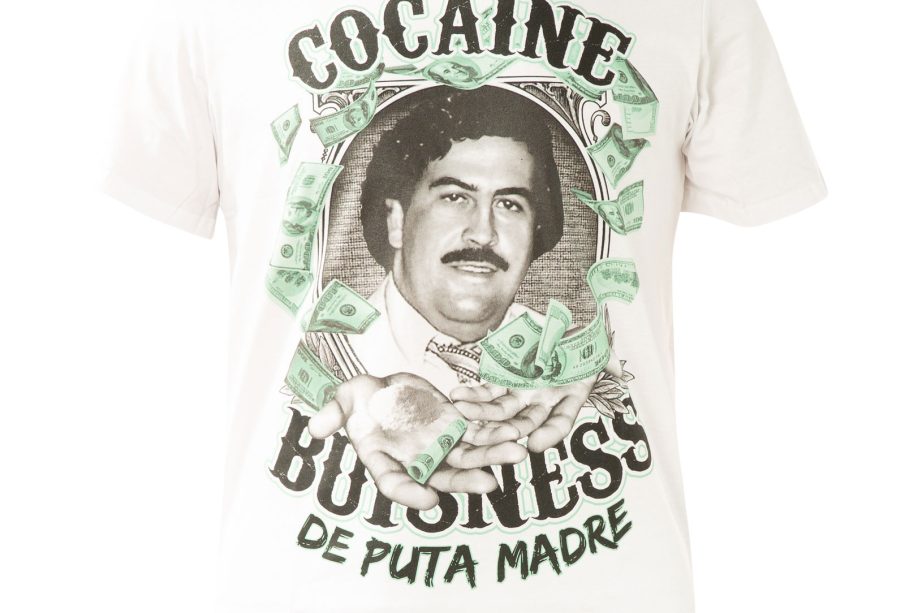The Life and Legacy of Pablo Escobar

Introduction
Pablo Escobar, a name synonymous with drug trafficking and violence, was one of the most notorious figures of the 20th century. His influence effectively changed the landscape of drug trade in Latin America and left an indelible mark on Colombia’s socio-political context. The relevance of examining Escobar’s life extends beyond mere notoriety; it highlights the complexities of power, wealth, and crime and their combined effects on society.
Escobar’s Rise to Power
Born on December 1, 1949, in Rionegro, Colombia, Pablo Emilio Escobar Gaviria initially pursued a career in petty crime, dealing with cigarettes and stealing tombstones before moving to cocaine trafficking in the late 1970s. By the 1980s, Escobar had founded the Medellín Cartel, which controlled around 80% of the cocaine smuggled into the United States. His rise to power was marked by immense wealth and the ruthless use of violence.
The Impact of Escobar’s Empire
At the height of his power, Escobar was one of the wealthiest men in the world, with a net worth estimated at $30 billion. His wealth allowed him to fund lavish lifestyles and significant social programs, earning him a degree of support among the lower socio-economic classes in Colombia. Through constructs like the “Pablo for the Poor” campaign, he built schools, hospitals, and sports facilities. However, his philanthropy stood in stark contrast to the brutal tactics he employed against rivals and the government, which included bombings, assassinations, and widespread corruption.
Downfall and Death
Despite his influence and wealth, Escobar’s reign came to an end in the early 1990s, as increased pressure from Colombian authorities and international law enforcement intensified. In a significant turn of events, he surrendered to the government in 1991—under the condition he would serve time in a self-built luxury prison called La Catedral. However, his continued criminal activities led to his escape and a violent manhunt that culminated in his death on December 2, 1993, after being cornered by Colombian National Police.
Conclusion
Pablo Escobar left behind a complex legacy. While he is often remembered for the mass violence and corruption, his philanthropic actions also sparked debates about the responsibility of wealth and power in society. His life story serves as a stark reminder of how the drug trade affects communities, economies, and political landscapes. As Colombia continues to confront the aftermath of Escobar’s legacy, the country works towards recovery while still grappling with the challenges of drug-related violence. Thus, understanding Escobar is crucial for comprehending the broader implications of drug trafficking in contemporary society, making his life and actions an essential subject for discussion today.









